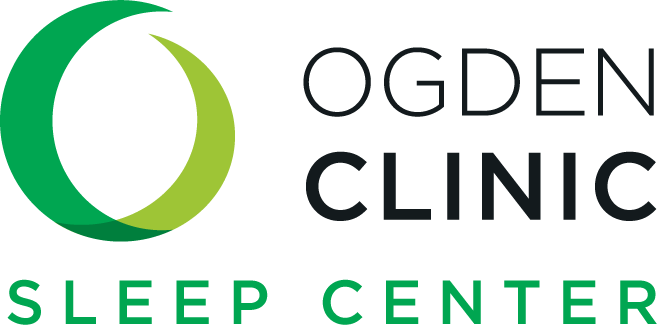
Sleeping Less Than 6 Hours? You're Probably Sleep Deprived.
Sleep Apnea
What is Sleep Apnea?
Sleep apnea is characterized by having one or more pauses in breathing effort or airflow during sleep. Each pause, called an apnea, can last from a few seconds to more than a minute, and may happen many times per hour, causing reduced oxygen to the brain and heart.
There are three distinct forms of sleep apnea: central, obstructive, and complex (a combination of central and obstructive) constituting 0.4%, 84% and 15% of cases of sleep apnea respectively.
In central sleep apnea, breathing is interrupted due to a lack of respiratory effort.
In obstructive sleep apnea, the airflow is blocked in the airway (usually the tongue and soft palate) although the patient is breathing normally.
In complex (or mixed) sleep apnea, there are both central and obstructive events happen during the night.
Individuals with sleep apnea are often unaware that these events are occurring during sleep. Symptoms may be present for years or even decades without identification, which can cause the patient to associate daytime sleepiness and fatigue as a normal part of life.
Symptoms of Sleep Apnea
What are the symptoms of sleep apnea?
Individuals with sleep apnea most commonly experience the following symptoms:








